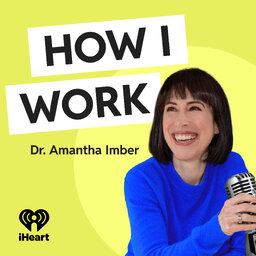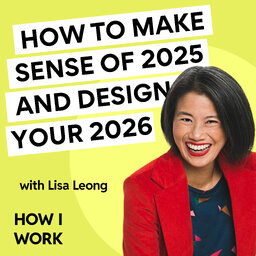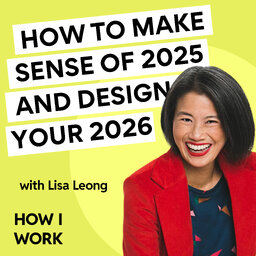Why Adam Alter’s to-do list system is so simple
Adam Alter might just have the simplest productivity system of anyone I’ve interviewed. He uses a to-do list app, but it’s barely more advanced than a piece of paper. He values deep work, but he doesn’t build his life around it. So if he’s supposedly doing so little, how’s he getting so much done?
And trust me, he’s getting a lot done: Adam’s a Professor of Marketing at NYU’s Stern School of Business and the Robert Stansky Teaching Excellence Faculty Fellow. He’s also the author of multiple bestselling books, including Drunk Tank Pink and Irresistible, and most recently, Anatomy of a Breakthrough.
Adam breaks down his incredibly simple to-do list system, and explains why the simplicity itself is so important. He also shares his strategies for auditing his productivity and energy, and his approach to objectively documenting his own life.
Connect with Adam on his website, LinkedIn or pick up a copy of his latest book, Anatomy of a Breakthrough
***
My new book Time Wise is out now. You can grab a copy here.
Connect with me on the socials:
If you’re looking for more tips to improve the way you work, I write a fortnightly newsletter that contains three cool things I have discovered that help me work better, which range from interesting research findings through to gadgets I am loving. You can sign up for that at http://howiwork.co
Visit https://www.amantha.com/podcast for full show notes from all episodes.
Get in touch at amantha@inventium.com.au
CREDITS
Produced by Inventium
Host: Amantha Imber
Sound Engineer: Martin Imber
Episode Producer: Liam Riordan
 How I Work
How I Work


